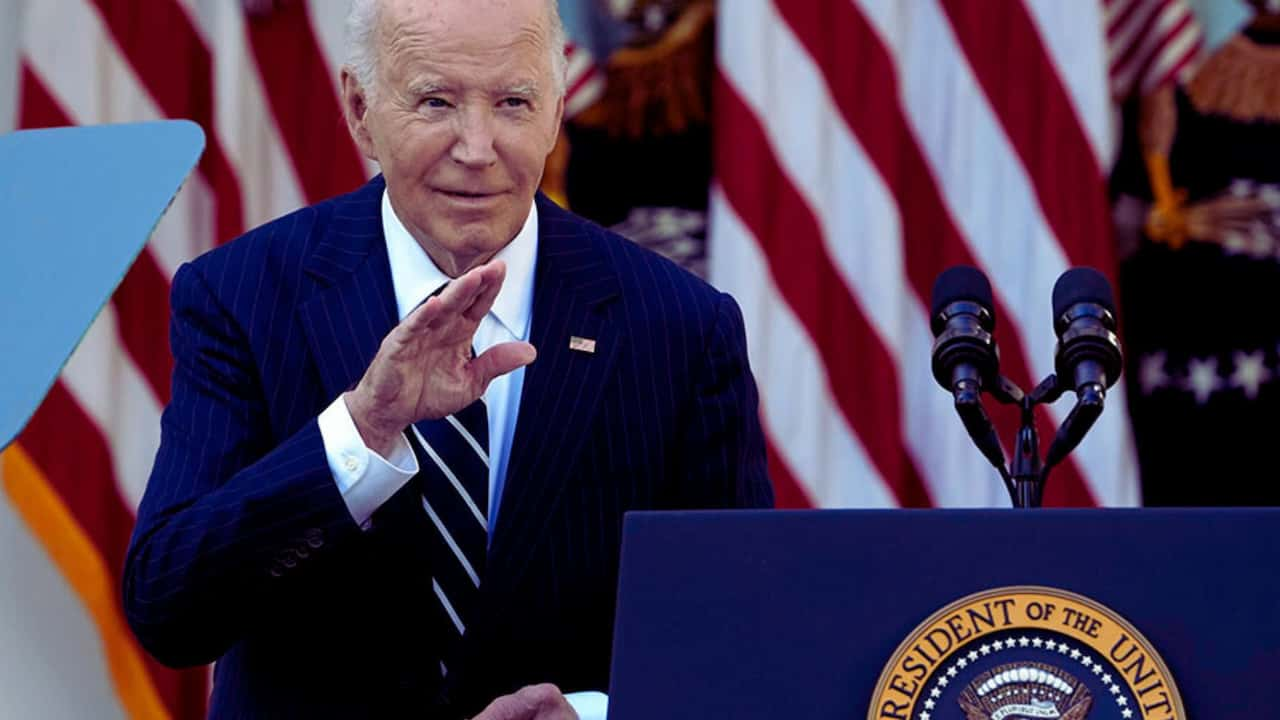The Turning Point: How Biden’s Late Exit Shaped the 2024 Presidential Race
Following Vice President Kamala Harris’s loss to Donald Trump in Tuesday’s election, President Joe Biden’s delayed withdrawal from the presidential race has become a focal point of intense scrutiny and debate, marking one of the most consequential political decisions of 2024.
The signs had been evident for several months. Polls consistently showed that roughly 77% of Americans harbored deep concerns about Biden’s age, viewing it as a significant barrier to his effectiveness for another four-year term. Yet, the President held onto his reelection bid until July 21, 2024—a mere 107 days before Election Day.
Andrew Yang, a former Democratic presidential candidate who later endorsed Harris, bluntly stated: “President Biden bears the primary responsibility for this loss.” If he had stepped down in January instead of July, we may be in a very different place.”
The timing couldn’t have been more crucial. Given the tight campaign timeline, Harris confronted a challenging task of setting herself apart from the Biden administration while simultaneously striving to galvanize the Democratic base.
When asked on “The View” about how her presidency would differ from Biden’s, Harris struggled to identify any significant departures from his policies—a moment the Trump campaign would replay countless times through Election Day.
Biden’s legacy presents a study in contrasts. His administration successfully:
- Led the nation through the worst pandemic in a century
- Ukraine is receiving support from its international allies.
- The government has passed a landmark $1 trillion infrastructure bill.
However, voter concerns overshadowed these achievements.
- Post-pandemic inflation
- Border security challenges
- Questions about leadership capacity
Democratic strategists, speaking on condition of anonymity, revealed that party leaders, including former President Barack Obama and former House Speaker Nancy Pelosi, had privately urged Biden to step aside earlier.
The delay, they argue, denied Democrats the opportunity for a proper primary season that could have helped Harris or another nominee develop a distinct political identity.
“Will the big money interests and well-paid consultants who control the Democratic Party learn any real lessons from this disastrous campaign?” Senator Bernie Sanders made a pointed statement highlighting the disconnect between Democratic leadership and working-class Americans.
The election results tell a stark story. According to AP VoteCast, surveying over 120,000 voters nationwide, only 4 in 10 voters approved of Biden’s job performance. Trump captured a strong majority of those dissatisfied with the Biden presidency.
Looking ahead, Trump’s victory signals a dramatic shift in American politics. The president-elect, despite facing multiple legal challenges, including impeachments and a felony conviction, has promised to fundamentally reshape the federal government and reverse many Biden-era policies.
Thom Reilly, co-director of the Center for an Independent and Sustainable Democracy at Arizona State University, offered a sobering assessment: “Maybe in 20 or 30 years, history will remember Biden for some of these achievements.
However, in the short term, I’m uncertain if Biden can escape the legacy of being the president who defeated Donald Trump, only to usher in another Trump administration four years later.
As Democrats grapple with this devastating loss, the question remains: Could an earlier Biden exit have changed the course of history? While we may never know for certain, this election will undoubtedly serve as a crucial case study in political timing and party leadership for generations to come.
